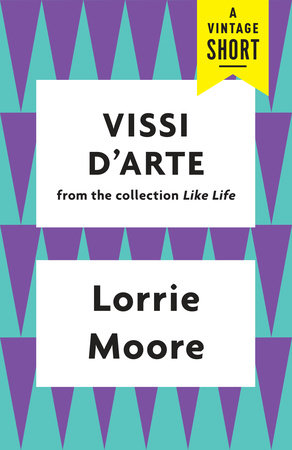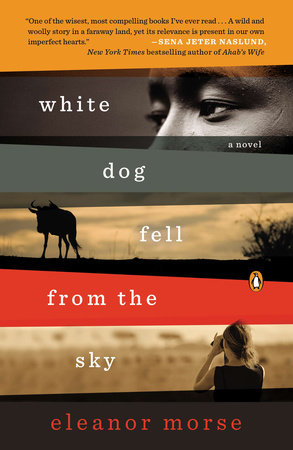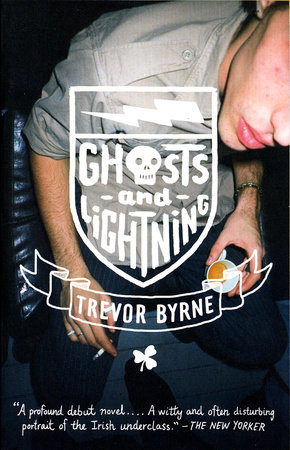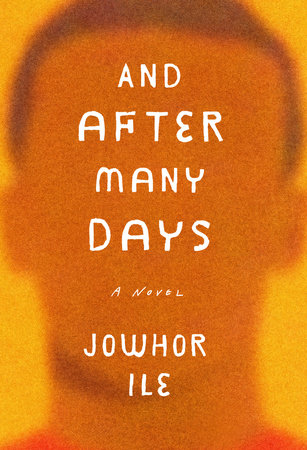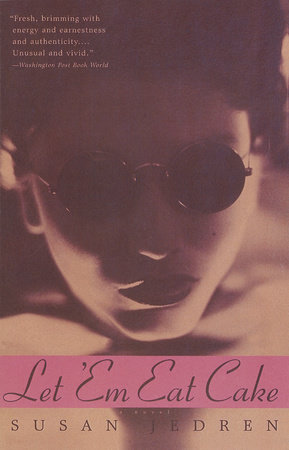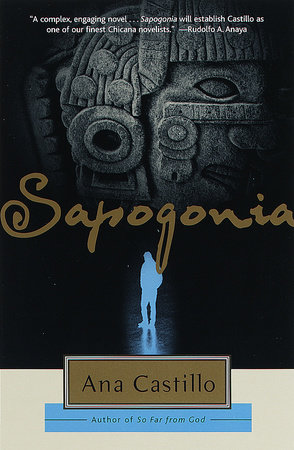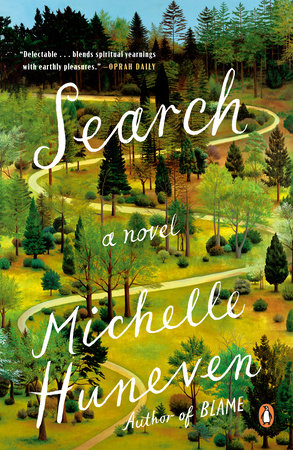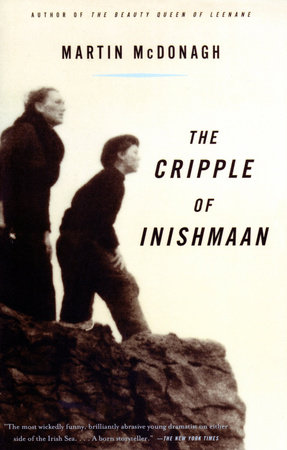A conversation with Susan Minot, author of Rapture
Q: Rapture is a very intense story that takes place entirely within one afternoon, when two former lovers meet by chance and end up back in bed. Where did you get the idea for the story?
A: I wanted to write about how two people, while being involved in an intimate exchange–the most intimate one being sex–are able to have such different things going on in their minds.
Q: Was it difficult to write a full story that takes place in such a short time frame?
A: It was originally going to be a very short story of about four or five pages which would have suited the time frame, but, well, it just got longer because I went into the character’s minds. And the one thing about thought is that it has a whole different sense of time, if it has any sense of time at all. One could, in theory, write a hundred pages about a momentary passing thought, if one went into all aspects of how it came into being along with the history of the person thinking it etc. So the difficulty in Rapture was stranding the reader in the one place in real time, and reminding him now and then that the present is moving, albeit slowly, along. But sex tends to keep people interested, and I suppose that helps.
Q: Your description of the lovers’ sex always seems secondary to the stories playing out in their minds. Was it difficult to balance the erotic scenes with the interior monologues?
A: The balance is really between the inner and exterior life. Certainly some of the interior life is more erotic that what is going in the bedroom. The conveying of the difference between the two is always a juggling act, but very much the stuff of fiction. Every experience we have, while being playing out in the world, goes through the filter of our minds. And sex far more than people seem to agree upon. Yes, the body can have a life of its own, but the body whether engaged in sex or not always has a mind attached to it. And that interests me.
Q: Is it difficult to write a sex scene?
A: Of course! It’s one of the writer’s great challenges. As William Gass said, "Words become embarrassed in front of sex." Also, describing something so firmly rooted in the physical is always challenging for a writer. Like pain, it’s very hard to put into words. And then there is something about making love which goes (mercifully) beyond words. If you’re looking for the better art form for conveying sex, I would have to say that music seems to approach the depiction better. But I’m not a musician, alas…
Q: A point you seem to be making with Rapture is that no matter how intimate two people seem to be, they can still be oceans apart and not even know it. In your last novel, Evening, the main character, a dying woman who’d been married several times and had several children, was largely unknown throughout her life by those closest to her. Why does this emotional isolation, if that’s the right description, interest you as a writer?
A: We all have this isolation in varying degrees. There is so much that goes on inside a person–it is the filter of all of our experience in life–and so often it is not known by, or communicated to, other people. I suppose it interests me simply because it is one of the basic facts of our experience–the internal life is, after all, one of the major terrains of literature–and also because the isolation can be bridged. We CAN connect and be understood. It just doesn’t happen a lot, and it may not be happening when we think it is. Literature, and art, can teach us something about this. Writing at all is an effort to make that bridge, to, in E.M. Forster’s phrase "only connect." And the experience of reading, too, is a sharing of that isolation.
Q: If you’ve given the novel to friends and family to read, have you noticed that men and women respond differently?
A: If I’ve noticed a difference, I would have to say that women are more likely to respond with a smile, or shiver, of recognition, while men might appear a little more distressed, and–how can I put this?–sort of hopeful that the story isn’t really so true. By the way, men and women are, I think, more alike than different, but when it comes to what goes on between men and women, a lot of the differences which are there come into sharp relief.
Q: You recently completed your first collection of poems, Poems 4 A.M., which will be published this spring. Can you tell us a little about the poems?
A: I’ve been writing poems for over thirty years and they were, one might say, piling up. I thought it would be nice to clear them out, to try to trim some of them into shape and let them see the light of day. Most of the poems selected turn out to be about either trying to find one’s bearings in a perplexing world, or that old poetic favorite: heartache.
Q: You’ve also written the screenplay for Bernardo Bertolucci’s Stealing Beauty. What was that experience like? Would you want to work on another film?
A: I love movies and loved writing a movie and loved being on the set and all of that. It was great, and working with Bertolucci an honor. I’ve written a screenplay adaptation of my last novel Evening which is now with my producers at Hart/Sharp looking for a director and would love to keep working on movies forever.
Q: What are you working on now?
A: I’m writing an adaptation for the stage, of a memoir called The Little Locksmith by Katherine Butler Hathaway. It is the story a woman who after a childhood illness which prevented her from growing beyond the size of a ten year old, overcame the limitations of her situation, (mostly the attitudes of those around her), and went on to live a full life, becoming a bohemian writer in Paris in the 30s.






